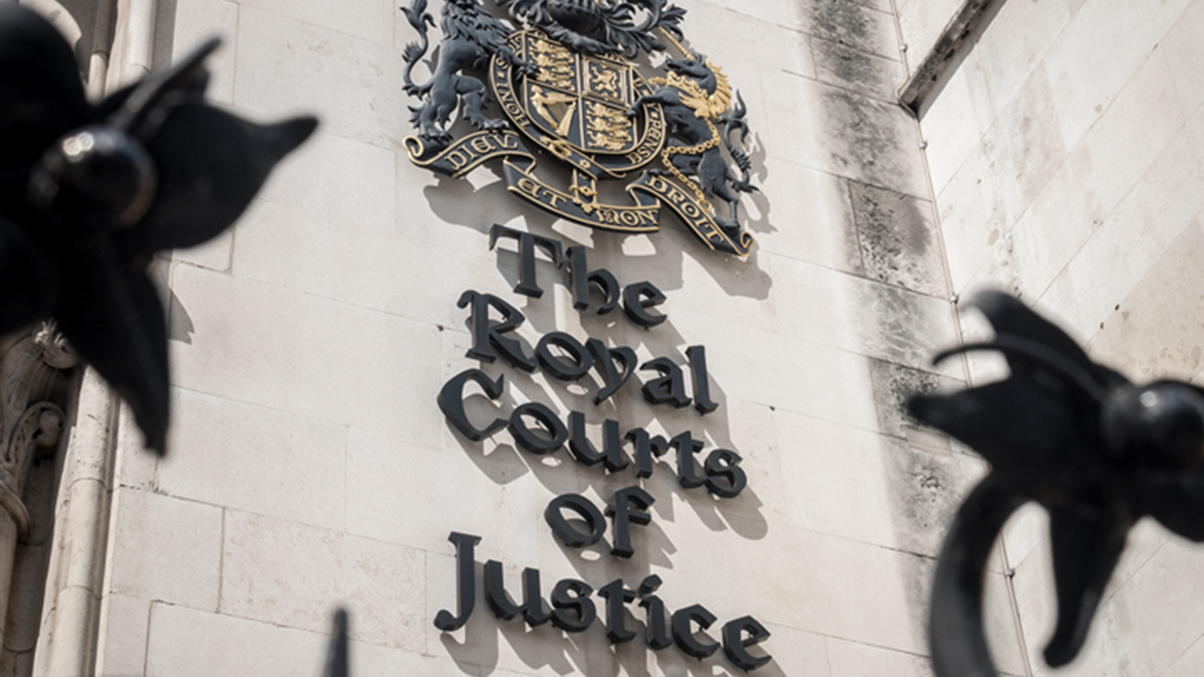The Covid-19 crisis could plunge the UK into the worst economic depression since the 1930s, and with it will come a spate of corporate insolvencies. In this article, Marc Jones explains why the existing insolvency regime is out of tune with the current government policy of saving good businesses and what needs to change to bring it into line.
Ten years ago, the UK economy was reeling. The fall of Lehman Brothers precipitated a financial crisis that crippled the real economy. The immediate cause was the implosion of complex subprime products that permeated almost every aspect of the financial system. That crisis pitted the banks that had created and sold those products against the purchasers. The British public bailed out the banks, and a wave of corporate insolvencies and litigation followed. The banks were the bad guys. It was black and white.
Why the 2008 recession was different
Ten years on and this time it’s different. The real economy has been deliberately shut down by the government to combat Covid-19. Tens of thousands of viable businesses, big and small, have seen demand and cash-flow evaporate overnight. These are not failed businesses. Unlike 2008, there is no underlying financial contagion; there’s no fool’s gold. Businesses and the economy were solid, and can be still if they can weather the temporary shutdown.
Unprecedented government action has gone some way to put the economy into suspended animation, to keep businesses alive and ready to go as soon as the restrictions that have destroyed consumer demand are lifted. But it is already clear that these measures will not be enough to stop many thousands of businesses entering into some form of insolvency. The big question is whether the existing corporate insolvency regime is in tune with the national policy of saving good businesses. The bad news is that it is not.
The creditor-led insolvency regime
At the heart of the problems is the creditor-led nature of the current insolvency regime. It prioritises the rights of creditors to realise what remaining capital there is in the failed business and to deploy that capital elsewhere. If the creditors do not want to let the business continue for months or more, they don’t have to. Each insolvency is treated in isolation and not as part of a national strategy where the government is taking steps to give businesses breathing space until the crisis is over, whether by paying employee 80% of their salary of delaying payment of VAT.
A form of trading insolvency?
What is needed in this crisis is a (perhaps temporary) paradigm shift away from a creditor-centric process to a regime which has the short-term survival of the business at its core, ie a form of trading insolvency to enable businesses to weather the storm. And it is needed quickly.
Until that happens, and even if it does, insolvency practitioners will get caught in the crossfire. Creditors will disagree about the viability of businesses. Some would have failed anyway. Valuations will be called into question. Insolvency practitioners will have to decide whether to take action against debtor companies which, in a domino effect, could trigger knock-on insolvencies. And, if a new regime is introduced, it will (like all legislative interventions) be riddled with uncertainties on which insolvency practitioners will need expert legal advice.
Disputes arising out of the 2008 crisis were zero-sum: capital had been destroyed, and bet-the-farm winner-takes-all litigation made sense. That is not generally the case now. On the basis that most businesses pre-crisis were viable, repayment of capital has simply been deferred; value has not been destroyed. But the economic complexities of the current situation, taken with the current or any revised insolvency regime, means that the scope for reasonable parties to reasonably disagree will be immense. It’s not black and white. There are no bad guys. Brokering solutions, whether in the existing or a new legal regime, will be challenging.
Consensus not conflict
The involvement of skilled professional legal advisors will be critical to resolving disputes. Insolvency practitioners will face challenges, whether, for example, from the unique economic context or fundamental changes at short notice to their legal duties. Expert legal advice will be essential to enable insolvency practitioners to implement legally robust solutions and protect officeholders. And expertly advised stakeholders will be best placed to maximise their recoveries, whether through a consensual process or, as will inevitably be the case with insolvencies, in court.
In most cases, this time it has to be about consensus not conflict.
Covid-19 is impacting individuals and companies around the world in an unprecedented way. We have collected insights here to help you navigate the key legal issues you may be facing at this time.
You can find further information regarding our expertise, experience and team on our Commercial Litigation pages.
If you require assistance from our team, please contact us or alternatively request a call back from one of our lawyers by submitting this form.
Subscribe – In order to receive our news straight to your inbox, subscribe here. Our newsletters are sent no more than once a month.







